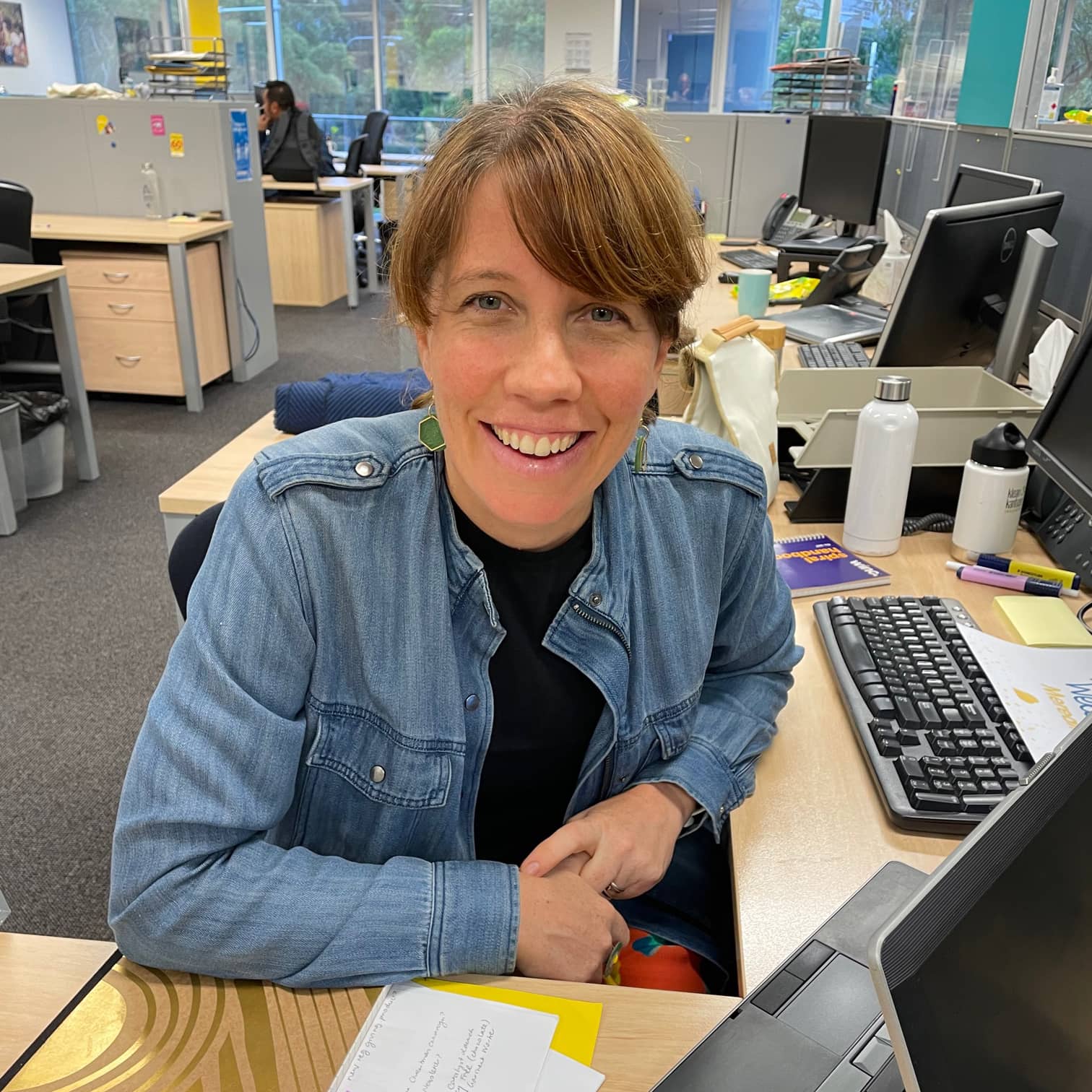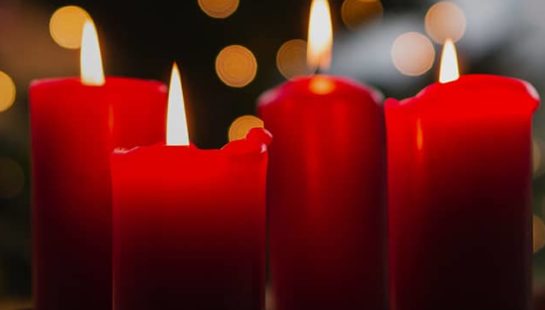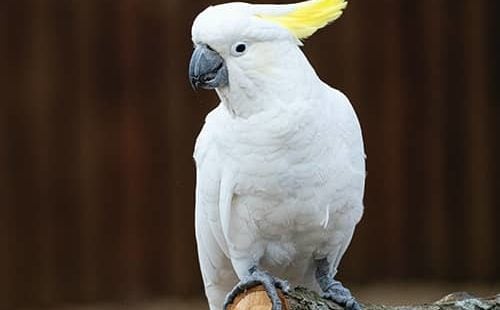When Novak Djokovic found himself in mandatory detention in the Park hotel in Melbourne last week, I am sure his head was spinning. He was undoubtedly tired and bewildered. But even as a world-renowned tennis legend and a super wealthy individual, he was powerless in the face of our country’s unyielding system.
Putting aside Djokovic’s behaviours, his views on vaccination and whether he should or shouldn’t be allowed to play in the Australian Open, his case and treatment has shone a renewed light on the way Australia handles visa violations, and the human beings caught up in them.
How Long?
My question, though is, for how long? How long will the world and the everyday people of Australia tolerate the idea of people locked away in unventilated, dirty hotel rooms with maggots in their food? How long will people put up with the powers given to Border Force agents, and the reach of the Minister for Immigration—who can literally overturn a decision made by a court?
In the Park Hotel, Djokovic was neighbour to 32 detained men. Some have been there for two years already, this even afterfive or more years in detention offshore. Men like Adnan Choopani or Mehdi Ali who were just 15 and 16 respectively when they took the perilous journey to Australia escaping persecution and fear in Iran, as members of the Ahwazi Arab minority. Their families saw a sudden opportunity for the boys to escape and urged them to take it without giving much thought to ‘due process’. They travelled to Indonesia, where people smugglers led them onto a boat bound for Australia.
My daughter just turned 16. I try and imagine her spending the next nine years of her life detained with no community or family other than those also trapped in uncertainty and despair with her. It’s unimaginable of course. And it’s unspeakably cruel.
A Hotel Worse Than Prison
This cruelty has motivated groups of protestors to stand outside the Park Hotel for many months. Through terrible weather, through a pandemic, they’ve been trying to draw attention to the shameful conditions these men are living in, in one of the wealthiest nations in the world.
Reports suggest the conditions of hotel detention are worse than prison—the windows do not open, there is no fresh air, the food lacks nourishment, and the detainees cannot access the outdoors or regular exercise. And not one of these men has been accused of committing a crime—unless you consider seeking asylum by any means a crime. Which it is not.
To be clear, an asylum seeker is a person looking for political protection, fleeing persecution, violence or human rights violations. A refugee has asked for protection in a new country because he’s been forced from his home and been given refugee status. In 2014, the Department of Immigration formally recognised Adnan and Mehdi’s claims for protection, meaning Australia became obliged to grant them refugee status. But they remain in detention.
‘Free Djokovic’
This week, protest numbers were bolstered by the Serbian community and other tennis fans demanding Djokovic’s release. Many of these newcomers had no idea there were 32 other men in there with their sporting hero. They didn’t know many are suffering from chronic illnesses that we’ve failed to treat properly for two years.
While I hope that the spotlight beaming into that dank hotel remains there until all those men are treated with fairness and compassion, I’ll admit I’m not confident.
Last year, we saw another sporting hero, Quade Cooper (who I also wrote about), shine a light on the absurdity of some of our immigration laws. The spotlight began some good conversations. For a couple of weeks, the media discussed more vulnerable, less high-profile cases like the Murugappans of Biloela. But today, the Tamil family remain in immigration limbo in Perth, thousands of kilometres from their home in Queensland.
Called To Remember
While the news cycle rolls on and many people forget the faces of the (unfamous) men in the Park Hotel, or those still held on Nauru, as Christians we’re called to remember, as Hebrews 13: 3 tells us, ‘Continue to remember those in prison as if you were together with them in prison, and those who are mistreated as if you yourselves were suffering.’
And we’re called to pray (Philippians 1:18), to advocate (Proverbs 31:8-9) and to trust in our good God (Romans 12:12) on behalf of those who have been dealt an unjust hand, who do not have the means, the fame or the networks to advocate for themselves.
The last part of that calling—trusting in God—can feel the hardest sometimes but giving way to cynicism and rage is no way to live as followers of Jesus. Righteous anger that leads to action, yes! But we need to continue to spur one another on to love and good deeds (Hebrews 10:24).
I’m asking for help as much as I am encouraging us all in this, so that Australia’s treatment of non-Australians, of men and women who just want a fair go, is something that reflects a victory for all humanity, one that lasts long after the trophies are handed out at a tennis tournament.
This article also appeared on 14th January 2022 on Sight Magazine’s site.



